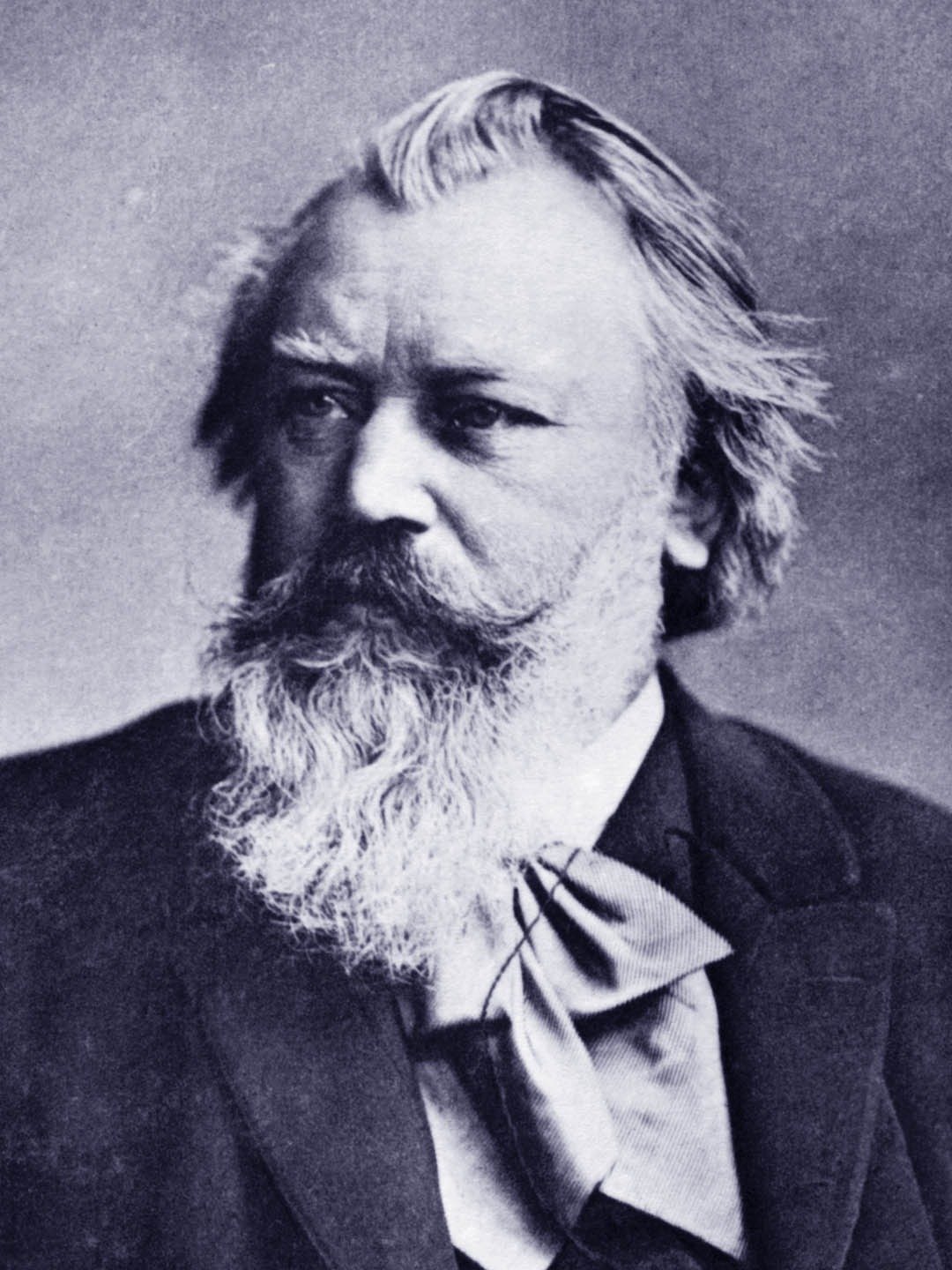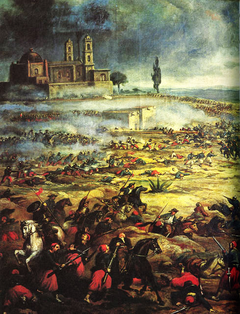Economy or character? This the question that every voter faces when she walks into a voting booth. Put another way, should we vote for a person who clearly lacks even a semblance of integrity but who promises economic revival or a person who is of high integrity yet appears to be less optimistic about his/her ability to revitalize an economy? What is more important?
In a poll taken after the 2016 election, the majority of evangelical voters indicated that they voted for the person whom they believed would do the most of the country's economy. It was not about abortion, it was not about same sex marriage. It was about money.

As the 2024 campaign heats up, evangelical voters face a similar situation. Should they vote according to a person's character? Or should they vote according to how much they believe this person will ensure economic health for the nation?
For really, in the long run, it all comes down to belief. Are we willing to believe the promises of a person without character or are we willing to believe the promises of a person who has it in spades? And how do we judge character, anyway?
Again, it's all about belief. About faith. About trusting in a presence larger than us. Because we do not really know.
Choose carefully.
By the way, I'll be traveling for a week or so and will not be posting. Talk to you in June!










